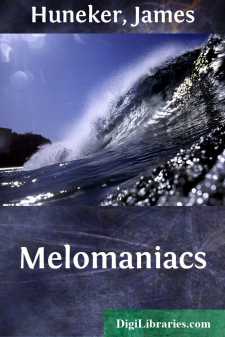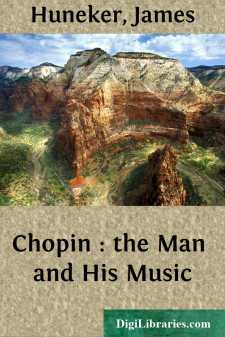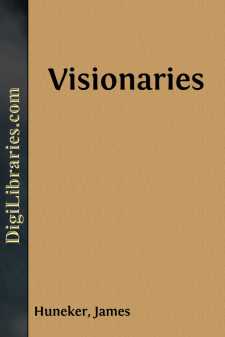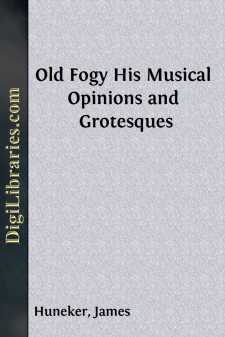Categories
- Antiques & Collectibles 13
- Architecture 36
- Art 48
- Bibles 22
- Biography & Autobiography 813
- Body, Mind & Spirit 142
- Business & Economics 28
- Children's Books 13
- Children's Fiction 10
- Computers 4
- Cooking 94
- Crafts & Hobbies 4
- Drama 346
- Education 46
- Family & Relationships 57
- Fiction 11828
- Games 19
- Gardening 17
- Health & Fitness 34
- History 1377
- House & Home 1
- Humor 147
- Juvenile Fiction 1873
- Juvenile Nonfiction 202
- Language Arts & Disciplines 88
- Law 16
- Literary Collections 686
- Literary Criticism 179
- Mathematics 13
- Medical 41
- Music 40
- Nature 179
- Non-Classifiable 1768
- Performing Arts 7
- Periodicals 1453
- Philosophy 64
- Photography 2
- Poetry 896
- Political Science 203
- Psychology 42
- Reference 154
- Religion 513
- Science 126
- Self-Help 84
- Social Science 81
- Sports & Recreation 34
- Study Aids 3
- Technology & Engineering 59
- Transportation 23
- Travel 463
- True Crime 29
Ivory Apes and Peacocks
by: James Huneker
Description:
Excerpt
THE GENIUS OF JOSEPH CONRAD
I
In these piping days when fiction plays the handmaid or prophet to various propaganda; when the majority of writers are trying to prove something, or acting as venders of some new-fangled social nostrums; when the insistent drums of the Great God Réclame are bruising human tympani, the figure of Joseph Conrad stands solitary among English novelists as the very ideal of a pure and disinterested artist. Amid the clamour of the market-place a book of his is a sea-shell which pressed to the ear echoes the far-away murmur of the sea; always the sea, either as rigid as a mirror under hard, blue skies or shuddering symphonically up some exotic beach. Conrad is a painter doubled by a psychologist; he is the psychologist of the sea—and that is his chief claim to originality, his Peak of Darien. He knows and records its every pulse-beat. His genius has the rich, salty tang of an Elizabethan adventurer and the spaciousness of those times. Imagine a Polish sailor who read Flaubert and the English Bible, who bared his head under equatorial few large stars and related his doings in rhythmic, sonorous, coloured prose; imagine a man from a landlocked country who "midway in his mortal life" began writing for the first time and in an alien tongue, and, added to an almost abnormal power of description, possessed the art of laying bare the human soul, not after the meticulous manner of the modern Paul Prys of psychology, but following the larger method of Flaubert, who believed that actions should translate character—imagine these paradoxes and you have partly imagined Joseph Conrad, who has so finely said that "imagination, and not invention, is the supreme master of art as of life."
He has taken the sea-romance of Smollett, Marryat, Melville, Dana, Clark Russell, Stevenson, Becke, Kipling, and for its well-worn situations has substituted not only many novel nuances, but invaded new territory, revealed obscure atavisms and the psychology lurking behind the mask of the savage, the transpositions of dark souls, and shown us a world of "kings, demagogues, priests, charlatans, dukes, giraffes, cabinet ministers, bricklayers, apostles, ants, scientists, Kaffirs, soldiers, sailors, elephants, lawyers, dandies, microbes, and constellations of a universe whose amazing spectacle is a moral end in itself." In his Reminiscences Mr. Conrad has told us, with the surface frankness of a Pole, the genesis of his literary début of Almayer's Folly, his first novel, and in a quite casual fashion throws fresh light on that somewhat enigmatic character—reminding me in the juxtaposition of his newer psychologic procedure and the simple old tale, of Wagner's Venusberg ballet, scored after he had composed Tristan und Isolde. But, like certain other great Slavic writers, Conrad has only given us a tantalising peep into his mental workshop. We rise after finishing the Reminiscences realising that we have read once more romance, in whose half-lights and modest evasions we catch fleeting glimpses of reality....






